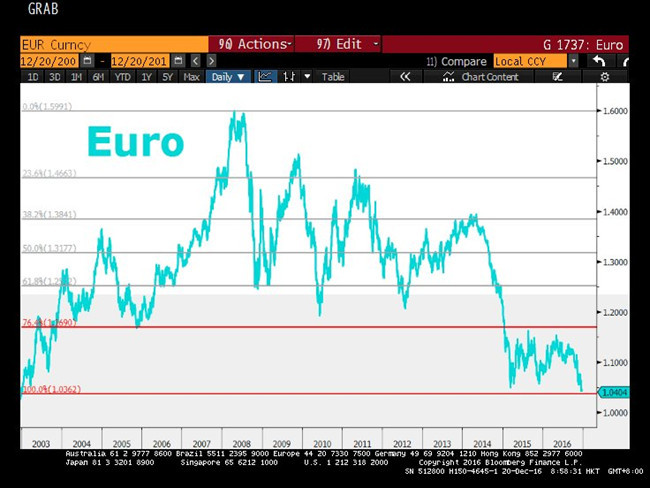
New York — Guess which country has recently shown the greatest willingness to weather hardship in order to pay its foreign bondholders? Paradoxically, it’s the country that has been among the most vocal in its anticapitalist rhetoric. Venezuela continues to pay despite an economic crisis that would have stymied other sovereign borrowers long ago. Riots prompted by a shortage of cash are just the latest example of the country’s economic crisis. Although reallocating funds from debt service to the importation of much-needed food and medicine is tempting, the government fears that subsequent lawsuits could actually leave less money for imports.
These fears are overstated. Venezuela already faces the typical costs of sovereign default, such as the loss of access to international credit markets and a decline in foreign direct investment, even though it remains up to date on its debt service. With default seemingly inevitable, the country must eventually confront any other consequences, which are unlikely to include the dreaded seizure of Venezuelan oil tankers at sea. Meanwhile, postponing default is costly to the economy and unfair to long-term creditors.
The government has gone to extraordinary lengths to avoid default. For example, in order to secure a two-year reprieve on the repayment of $2.8 billion in bonds, Venezuela’s state-owned oil company PDVSA agreed to repay an additional 20 percent of that amount and also pledged as collateral half of Citgo, the American oil refinery whose value far exceeds the amount of debt refinanced. Similarly, in order to fend off a $769 million lawsuit by the Canadian mining company Gold Reserve over an expropriation, the Venezuelan government will not only honor the full claim, but also grant Gold Reserve the rights to 45 percent of a new mining company, essentially paying twice.
Some stakeholders argue, perhaps self-servingly, that the government should continue to resort to extraordinary measures to meet its international obligations. The government could sell its vast oil reserves, for example, as they are the largest in the world.
















































